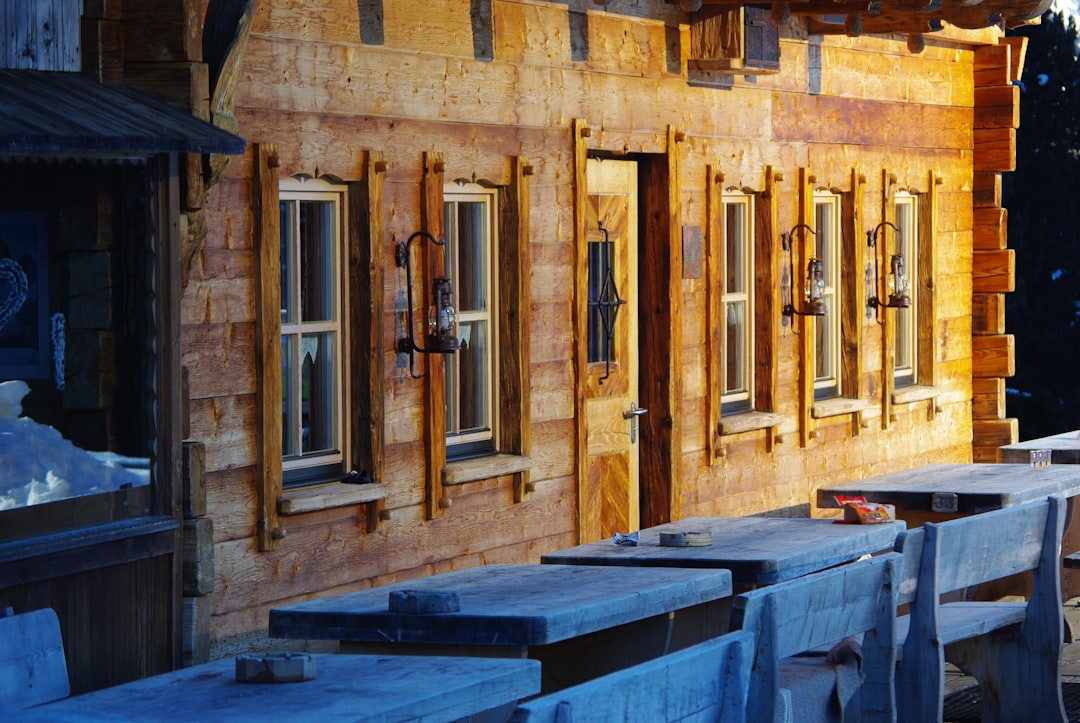
For construction professionals, understanding the costs associated with pergola installation is crucial. Current estimates for a basic 10 × 10 pine pergola range from $3,200–$4,500, while a premium 16 × 20 aluminum structure can cost between $11,000 and $14,000. These figures include materials, labor, and permits, ensuring a comprehensive budget overview.
• Pressure-treated pine: Economical but requires more maintenance.
• Cedar or redwood: Adds 20-35% to costs but offers natural resistance.
• Engineered wood: Comparable to cedar in price, with longer warranties.
• Aluminum or steel: 40-60% higher than cedar, offering modern aesthetics.
Every square foot impacts cost. A simple 10 × 10 design is more affordable than a custom 15 × 20 structure, which can double labor hours.
• Surface mount: Minimal cost if on existing concrete.
• Standard footing: Increases costs by 10-15%.
• Challenging terrain: Requires deeper footings, impacting budget.
Permit costs range from $50–$350. Compliance with local codes is essential to avoid delays.
Labor costs vary by region and season, with summer rates potentially 15% higher. Scheduling during off-peak times can reduce expenses.
• Economy build (10 × 10 pine): $3,200–$4,500
• Mid-grade project (12 × 14 cedar): $5,800–$7,200
• Premium upgrade (16 × 20 aluminum): $11,000–$14,000
1. Voice walkthrough: Describe your project for an AI-generated scope.
2. Instant takeoff: Automated measurements and pricing.
3. Live pricing: Real-time updates from suppliers.
4. Local labor sync: Accurate regional cost reflection.
5. Ready-to-print proposal: Detailed PDF with timelines and costs.
Pergolas can recover 50-80% of their cost at resale, enhancing both living space and property value.
• Disposal fees
• Electrical wiring
• Post-installation maintenance
Secure financing through integrated partners and align funding with construction phases.
Compare estimates from local builders or select from a vetted network for the best fit.
How long does installation take? Typically three to five days.
Can I DIY? Professional installation ensures compliance and quality.
Does CountBricks cover maintenance estimates? Yes, with lifecycle projections for ongoing care.
Ready to get started? Visit CountBricks.com for a personalized estimate.

The Ortiz family envisioned a 12 × 14 cedar pergola. Our AI captured their design intent, including lighting and planters, and provided an instant estimate.
• Material upgrade: Select-grade cedar added only 6% to costs.
• Labor efficiency: Level slab reduced crew costs by $680.
• Permit timing: Streamlined process prevented delays.
The estimate was $6,140, including staining and wiring, closely matching the final invoice.
• Plan for future accessories during initial construction.
• Optimize shade angle for comfort.
• Use pre-stained lumber to save time.
1. Data precision: Accurate estimates with live updates.
2. Collaboration hub: Unified dashboard for all stakeholders.
3. Post-build analytics: Maintenance reminders protect investment.
Visit CountBricks.com for more success stories or to schedule a consultation.